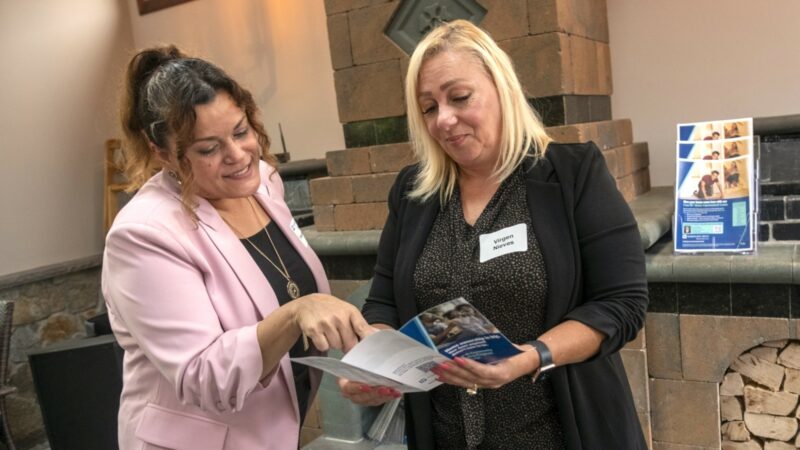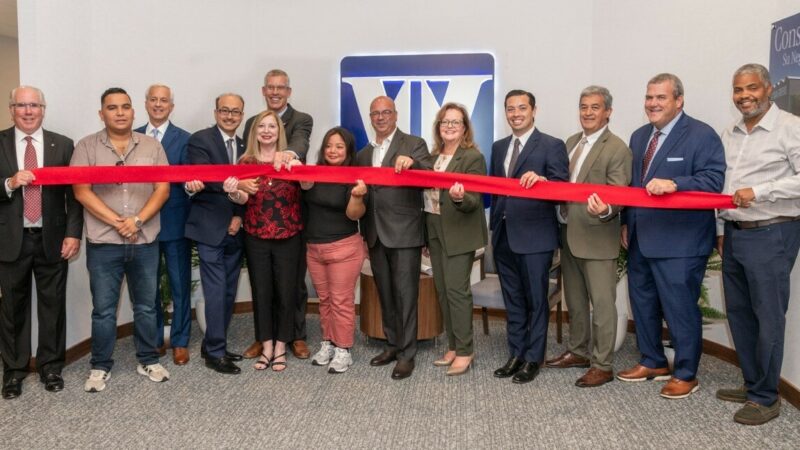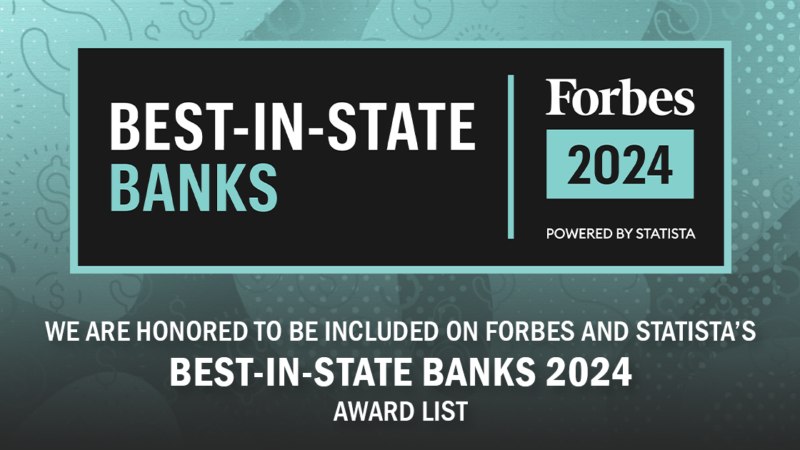Could you benefit from a Reverse Mortgage?

Homeowners looking to reduce debt are turning to reverse mortgages as a way to retain ownership and stay in their homes while earning a monthly stipend that can be used at their discretion. It sounds ideal, but reverse mortgages are complicated investments and not the best solution for every homeowner. Read on to learn if a reverse mortgage is right for you.
What is a reverse mortgage?
A reverse mortgage allows you to borrow money against your home’s value. This money is paid to you either monthly or in a lump sum. Unlike a regular mortgage, you don’t need to repay a reverse mortgage until you sell your house, move away permanently, or pass away.
Homeowners aged 62 years and older, who have little left on their mortgages or who have paid off their mortgages in full, can choose among a few types of reverse mortgages — Home Equity Conversion Mortgages (HECMs), which are insured by the federal government and are the most popular option; single-purpose reverse mortgages; and proprietary reverse mortgages.
Not only does the type of reverse mortgage vary, but also the amount homeowners can receive. The amount of money you may receive from a reserve mortgage depends on several factors. These include your age, your home’s value, and the current interest rate. Reverse mortgages usually appeal to older homeowners, since they have more equity in their homes from which to borrow, and therefore can get more money from this type of loan.
Benefits
Reverse mortgages do have some benefits, including an increase to monthly cash flow. In addition, payments received from a reverse mortgage can be directed to current mortgage debt, act as an emergency fund, or resolve other debt. The homeowner is not charged for the reverse mortgage each month as in traditional mortgages.
The money you receive from a reverse mortgage is not considered by the government to be income, and is therefore not taxable. Additionally, you’ll find it easier to qualify for a reverse mortgage than a traditional mortgage since credit score isn’t taken into account.
Drawbacks
Reverse mortgages also have their drawbacks, including higher closing costs and fees and the chance that the home will not be kept in the family. In addition, all property taxes, house maintenance and homeowners’ insurance fees remain the responsibility of the homeowner.
Just like with any financial investment, a reverse mortgage has its pros and cons, and you may have some questions. Before you make your decision, it’s best to seek counsel from a trusted financial advisor to determine if a reverse mortgage is the right tool for your financial future.
Need help or have questions?
Contact our Customer Solutions Center at 401-348-1200 or 800-475-2265.
Contact a Trusted Advisor
For more information or to speak with one of our trusted advisors about your unique financial needs, contact us at 800-475-2265 or submit an online form.











